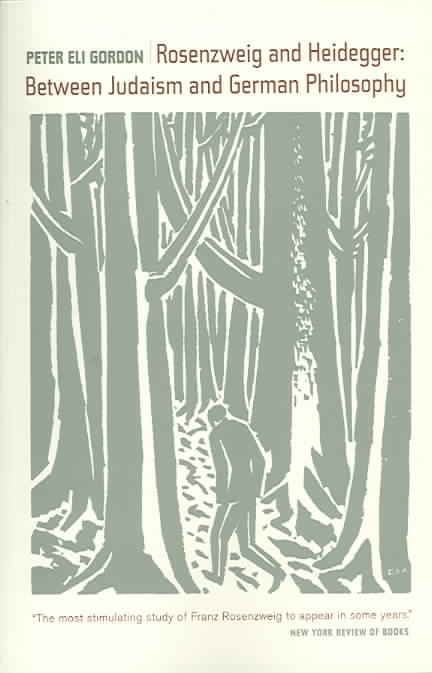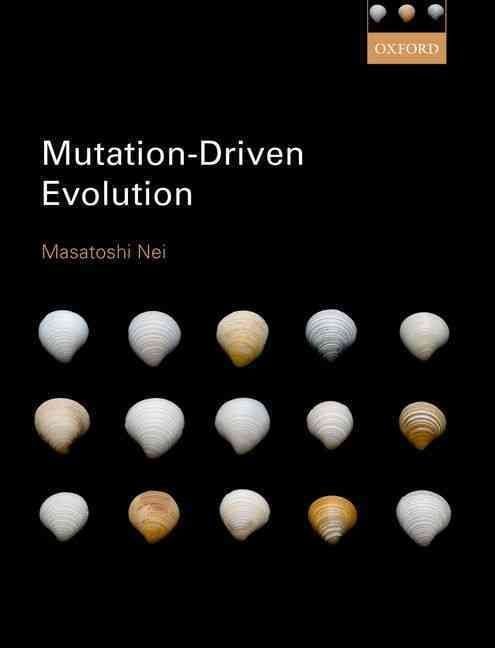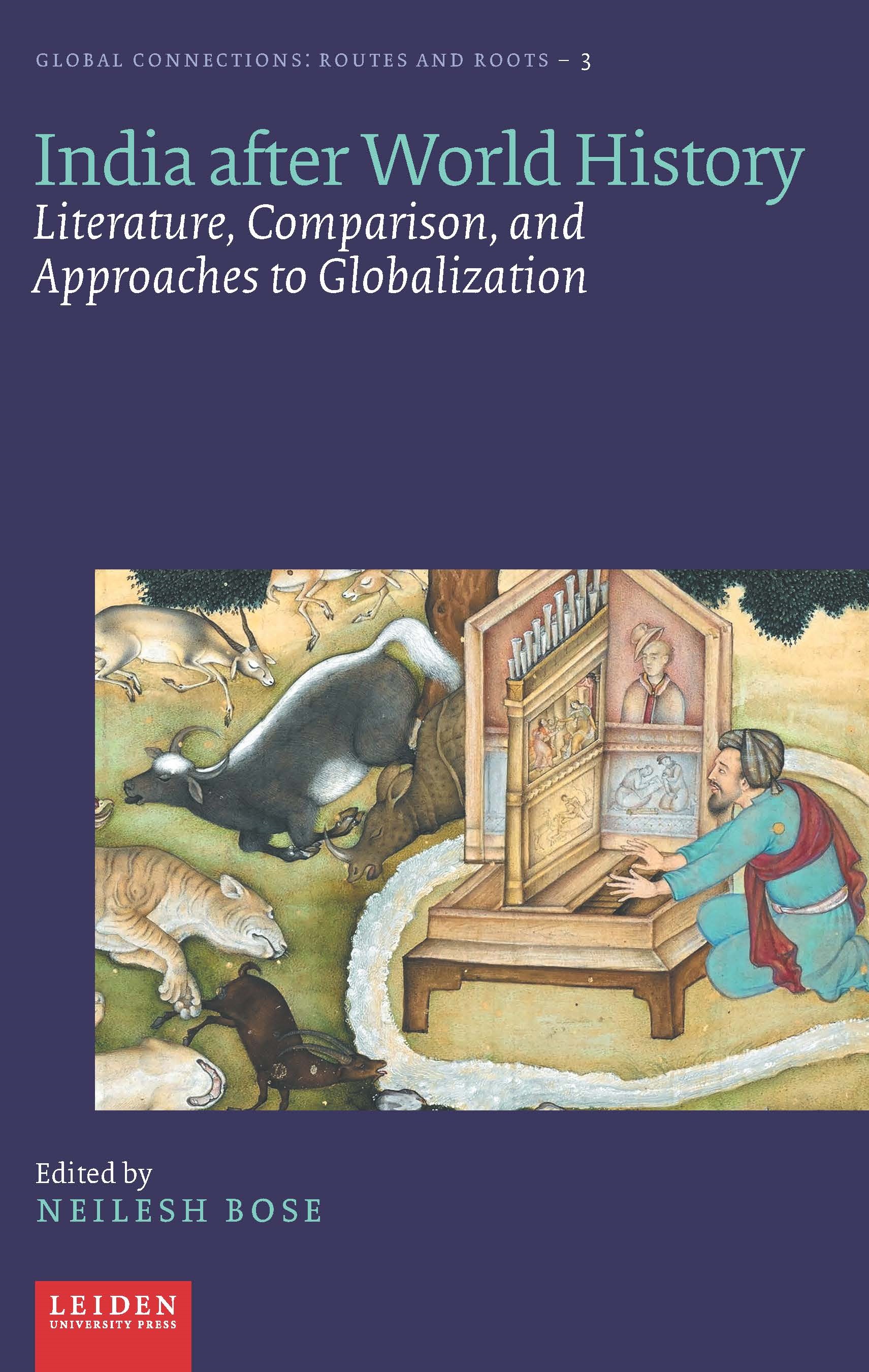This book explores how resurgent nationalism across the globe demands re-examination of many of the theories and practices in applied linguistics and language teaching as political forces seek to limit the movement of people, goods, and services across national borders and, in some cases, enact violence upon those with linguistic and/or ethnic backgrounds that differ from that of the dominant culture. The authors who have contributed to this volume provide careful analysis of nationalist discourses and actions in Brazil, Cameroon, Canada, China, Colombia, Germany, Poland, the United Arab Emirates, the United States, and Vietnam. They offer their unique historical and cultural perspectives on the complex relationship between language, identity, and nationhood in each of these countries, as well as practical responses to the fraught political situations that many language educators and policy makers now face.This book will appeal to researchers in applied linguistics and language teaching, as well as second and foreign language teaching professionals working and living in countries where nationalist sentiments are on the rise.











![Tom Misch - Beat Tape 2 [VINYL]](https://avmedia.ams3.cdn.digitaloceanspaces.com/1/f2/1f2b8acc-9458-47ca-9062-6a69371e2826.webp)
